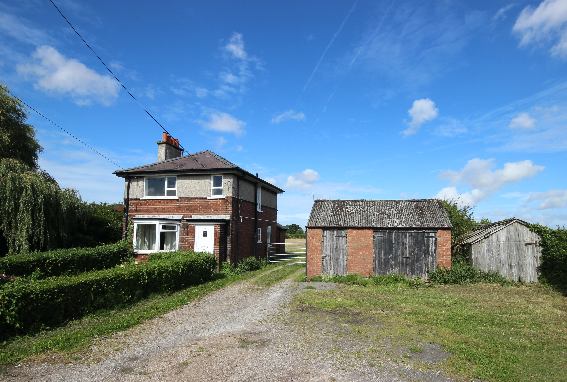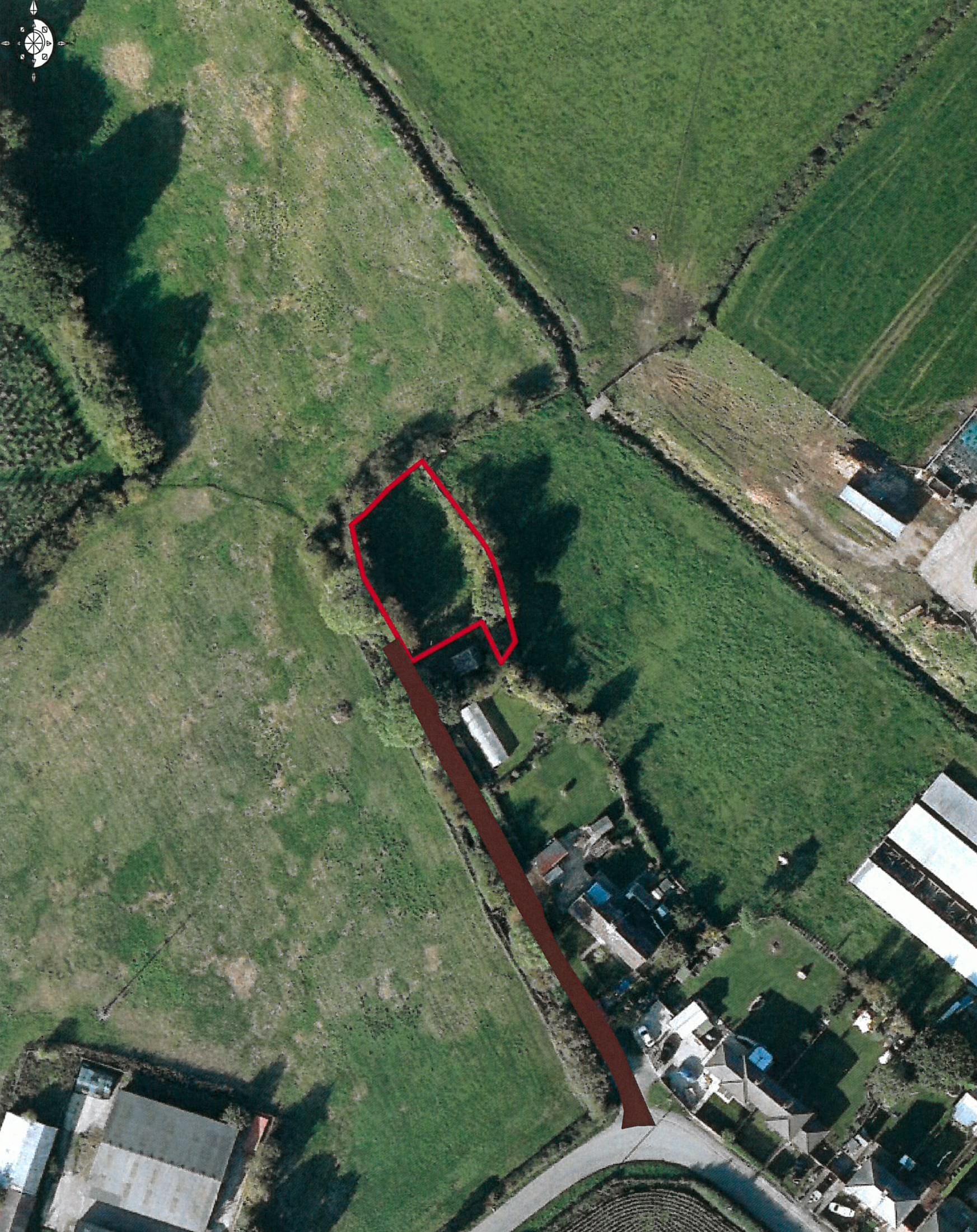In a number of circumstances selling by auction offers an excellent alternative to the more traditional route of a sale by private treaty.
Many vendors require the certainty of a sale within a relatively short time frame. Typically, a property being offered for sale by auction will be widely marketed for a period of 4 – 6 weeks leading up to the sale date. A legally binding contract with payment of a 10% deposit occurs on the fall of the hammer and completion will usually follow 28 days later.
Many types of property lend themselves to this method of sale. Properties with potential for development such as building plots and barns, cottages in need of renovation and refurbishment and agricultural land are all commonly offered for sale by auction. Other properties that we have put under the hammer include churches, fishing rights, woodland, amenity parcels, ponds, a redundant engine shed and even a disused tennis court.
The transparency that a sale by auction offers can also be attractive to both buyers and sellers. Probate sales where a property has been left to a number of members of a family can sometimes lead to tensions. With an auction sale all beneficiaries can attend the sale and be satisfied that the property has been sold for the best price achievable in the open market. From the buyer’s perspective he or she can genuinely feel part of the market place and will know that the property has been secured for one bid higher than the underbid.
During 2016 we offered a typically varied selection of properties for sale by auction. Lots included two Methodist Chapels, a building plot, a parcel of amenity woodland, agricultural land and a number of houses and cottages. The general improvement in the market place was demonstrated by busy auction rooms and competitive bidding with every property offered being sold resulting in a 100% success rate for the year.
Star of the show was probably a small holding near Ormskirk comprising a three bedroom cottage in need of modernisation and 2½ acres of land which was marketed at a guide price of £200,000 - £250,000 and was sold for £310,000.
No. 3 Broad Lane, Aughton, Ormskirk
Sold for £310.000

A close second would be the two Methodist Chapels both having planning permission for conversion to houses. The first at Bradwall, near Sandbach sold for £172,000 while the disappointed under bidder then picked up the second one for £127,000 seemingly without ever having viewed it.
Our first auction of 2017 is on 15th February at The Swan Hotel, Tarporley. Lots include 174 acres of agricultural land at Calevley near Tarporley being offered in 5 lots and two cottages in need of renovation situated in Farndon plus land at Great Barrow

Approximately 174.51 acres of
good quality and well
maintained farmland. Available
in 5 lots.
Lot 1 - 135.28 acres
Lot 2 - 4.52 acres
Lot 3 - 4.00 acres
Lot 4 - 5.48 acres
Lot 5 - 25.23 acres
Hit the link below for full details of land
Land_at_Calveley_Green_Farm_4pg_Auction_Brochure.pdf

1 Churton Road Farndon Chester
An attractive end mews cottage
with parking in the heart of the village
Guide price £100 - £130,000
Hit the link below for full property details
1_Churton_Road_4pg_FG_Auction_Brochure_Web.pdf

2 Churton Road Farndon Chester
A particularly attractive mid mews
cottage situated in the
heart of this popular village
Guide price £125 - £150,000
Hit the link below for full property details
2_Churton_Road_4pg_FG_Auction_Brochure_Web.pdf

Single block of amenity land at Great Barrow
0.167 of an acre
Guide price £10,000 - £15,000
Land_at_Hollowmoor_Heath_4pg_FG_Auction_Brochure_SD.pdf
Please contact Property agency for any further inquiries on 01244 409660
Follow us on Instagram